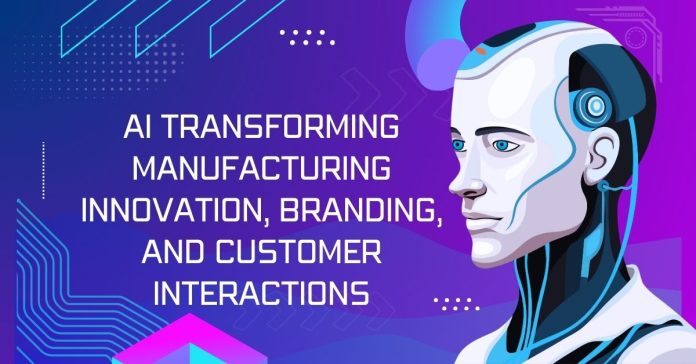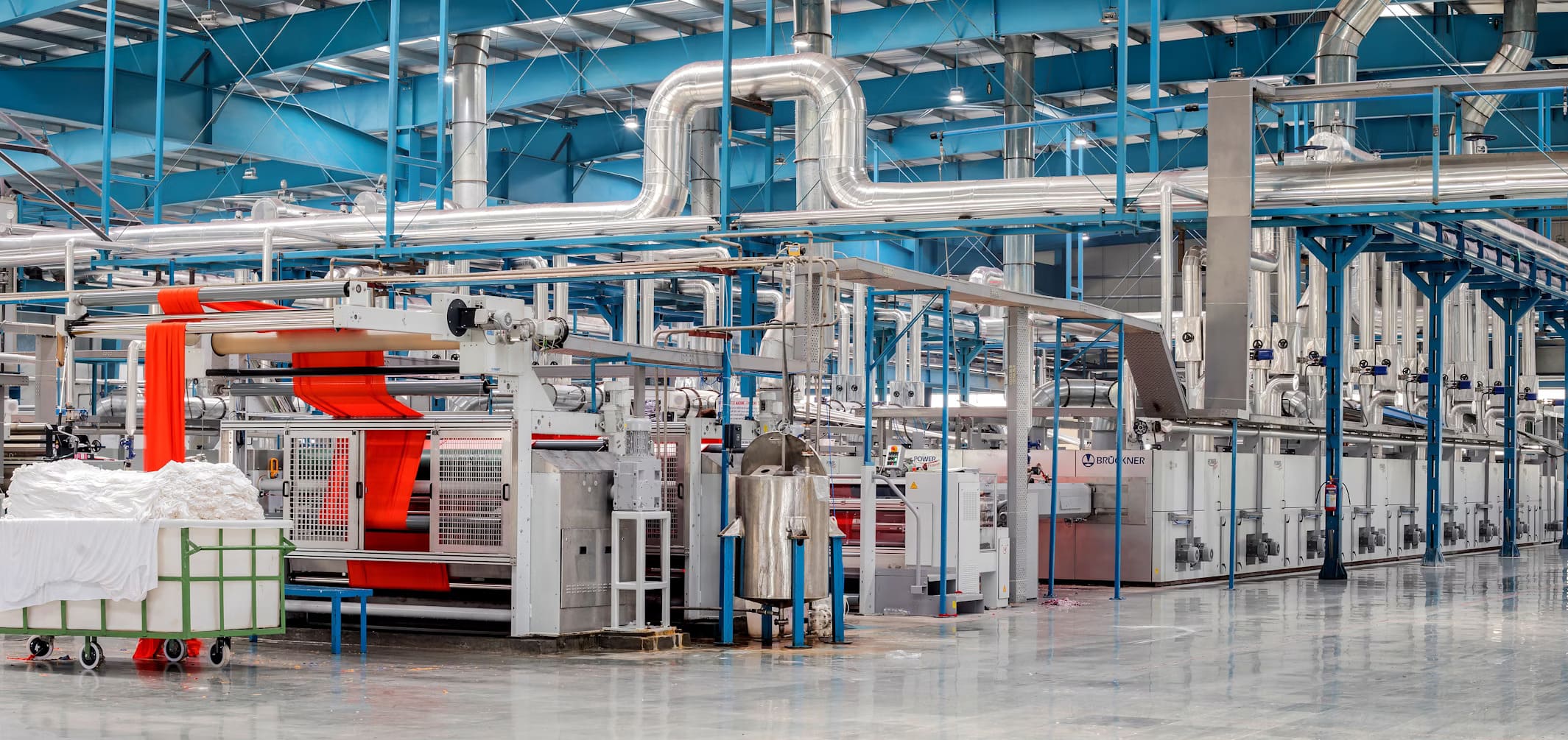Here, I will talk about how generative artificial intelligence is transforming manufacturing innovation, branding, and customer interactions.
Generative artificial intelligence is now at the forefront of global discussions. B2C organizations are figuring out how to strategically use ChatGPT and other generative AI technologies to make their business grow and scale better.
Although generative AI is only appropriate for a limited number of B2C commercial use cases, such as summarizing and extracting data, the applications may be significantly extended with predictive AI.
Table of Contents
AI for B2C Enterprises
B2C companies handle substantially more data than B2B enterprises. They must deal with hundreds and in some cases millions, of data points at any one moment.
Connecting the links and evaluating those data points may provide marketers and other stakeholders with insights into metrics like churn, customer lifetime expenditure, and customer lifetime value, as well as projections to assist them choose the best next moves.
Starbucks used AI and predictive analytics to track COVID-19 vaccinations, which helped the company. In the words of its then-president and CEO, “AI helped us fuel the great human reconnection by freeing up counterparts to cope with the tasks that they do best, connect with clients, and deliver a top-level customer experience.”
Another example is Spotify. The company has strategically used machine learning. In a 2023 article by TechCrunch, it was mentioned that Spotify AI DJ utilizes cutting-edge AI technologies and advanced language models alongside voice features.
These innovations build upon Spotify’s existing investments in machine learning and personalization. This showcases how B2C companies harness AI technology to elevate their operations.
The impact of intelligence is also felt in sectors, like manufacturing and retail where it enhances customer interaction, customization, and operational effectiveness:
- AI for B2C manufacturing empowers companies to analyze data and create compelling content, leading to personalized and optimized customer experiences;
- AI plays a crucial role in retail by providing personalized shopping experiences through technologies like chatbots, voice recognition programs, recommendation engines, and visual recognition programs;
- AI platforms allow for matching customers with the exact products they are looking for, reducing choice paralysis and increasing conversion rates significantly;
- AI-driven solutions optimize inventory processes, improve efficiency, and reduce labor costs in manufacturing and retail operations;
- AI-supported logistics management systems adjust inventory, staffing, distribution, and delivery schemes in real time to create efficient supply chains.
Overall, the integration of AI technologies in B2C manufacturing and retail sectors is reshaping how businesses engage with customers, optimize operations, personalize shopping experiences, manage inventory efficiently, and provide exceptional customer support.
Approaches to Using AI
The bulk of B2C enterprises employ predictive AI, particularly in e-commerce (product suggestions being one example). However, most of these forecasts are dependent on relational data, which is difficult to manage.
There are two kinds of predictive AI technologies accessible today. The first category includes vertical solutions that concentrate on specific challenges, such as marketing automation. Data must be entered into a certain schema so that the system can consume it and solve a particular issue in a predetermined way.
Because the data is hard-coded into the solution, this is often a stiff procedure that is difficult to modify to specific requirements.
The second kind comprises horizontal solutions that are often relevant to larger use cases. These solutions are often delivered in the form of platforms provided by major cloud providers.
These platforms allow data scientists to utilize their frameworks for a variety of machine learning techniques while also providing essential feature engineering tools. However, building and training models require regular scrutiny from data scientists.
Life Cycle of Horizontal AI Solutions
Here is a typical life cycle of horizontal AI solutions: data scientists describe an issue, study the build characteristics, develop an initial model based on those build elements, and then begin to make predictions.
Throughout the lifespan of such a model, data scientists continuously test new features, attempting to create modest, incremental gains with time.
While this present strategy has the advantage of receiving reviews from a variety of data scientists, it has two major limitations. It is a time-consuming and costly procedure.
Data scientists must conduct tests, confirm that individual features function properly, put those features into production to assess whether there are any user experience improvements, and make any revisions.
In the meanwhile, businesses risk passing on real-time possibilities to enhance their marketing and customer experience initiatives. AI allows for optimizing processes and saving time to stay high on the curve of innovation and competition.
AI Drives Innovation in Manufacturing
Generative AI provides new opportunities for manufacturers to optimize their businesses and make them better.
Combine previous technical breakthroughs, such as industrial IoT or digital twins, with AI to better manage the political, economic, environmental, and demographic challenges that you face.
Adjust your operations and strategy to reflect key goals such as supply chains and workforce management. There are a lot of opportunities behind this integration.
INTERESTING POSTS
- 12 Companies For Outsourcing Web Development [MUST READ]
- The Benefits Of Studying Data Science Technology
- All About Lines: Horizontal And Vertical Lines
- The Power of Student Networks: How to Leverage University Connections for Your Startup
- Unlocking The Power Of Smart Manufacturing: 10 Essential Elements
About the Author:
Daniel Segun is the Founder and CEO of SecureBlitz Cybersecurity Media, with a background in Computer Science and Digital Marketing. When not writing, he's probably busy designing graphics or developing websites.








